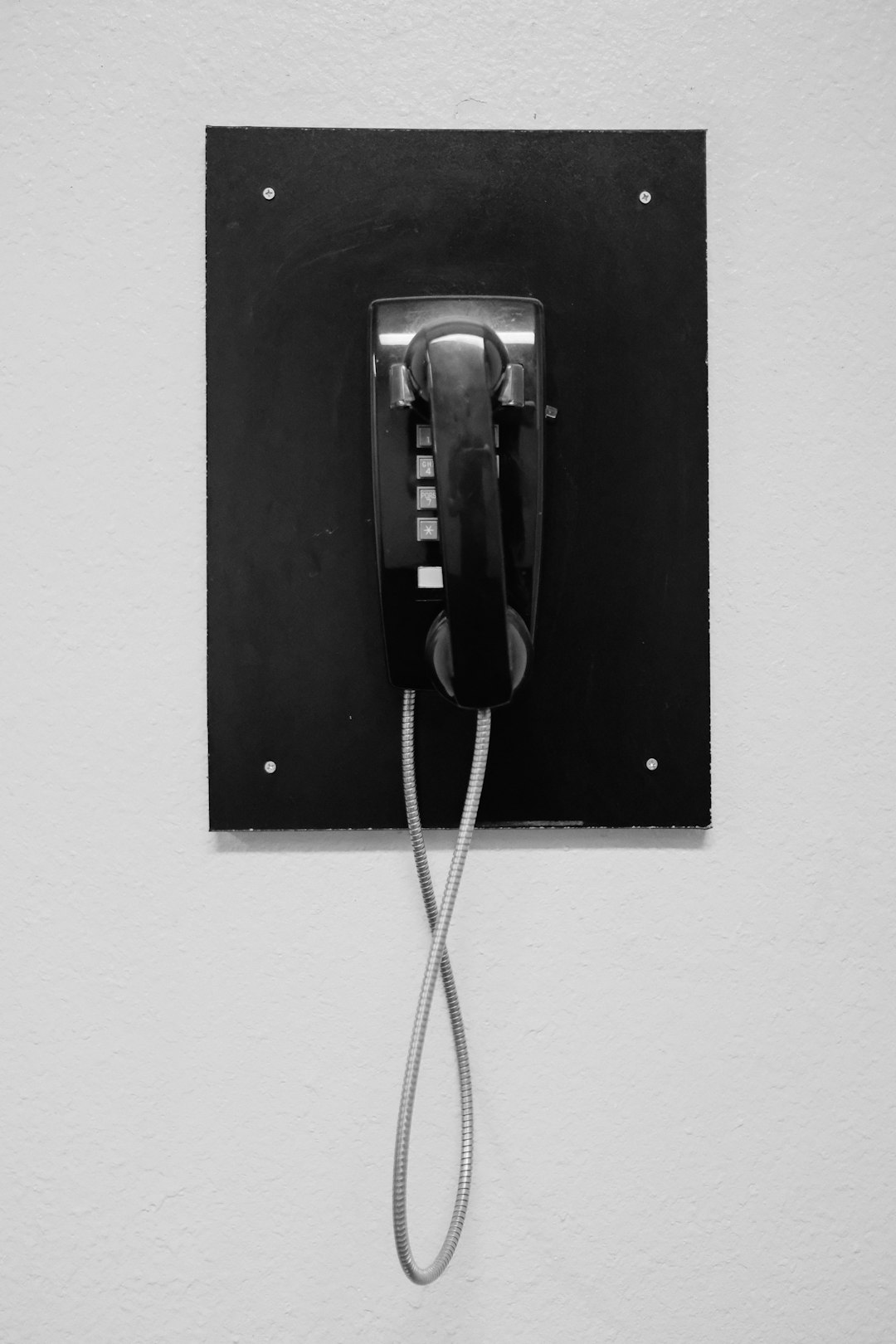Understanding your rights under Iowa law is crucial when disputing debt. Consumers can challenge inaccurate debts and demand verification from collectors. Swift action, including gathering documents and writing dispute letters, is key. Debt collector Attorney Iowa specializes in navigating FDCPA regulations and protecting debtor rights. Legal consultation is vital if creditors take legal action, ensuring accurate documentation and strong cases based on facts and laws.
In Iowa, understanding your rights regarding disputed debt is crucial. This guide navigates the intricate landscape of Iowa debt laws, empowering folks to protect their financial interests. We explore essential rules for disputing debt, outlining the steps and legal actions available. From recognizing your rights under state law to dealing with debt collectors, this article offers valuable insights for those facing debt challenges. A debt collector Attorney Iowa need not be a daunting prospect when equipped with knowledge—let’s unravel these complexities together.
Understanding Your Rights Under Iowa Law

Understanding your rights under Iowa law is crucial when disputing debt. As a consumer, you have the right to challenge any alleged debt that you believe is inaccurate or unfair. According to Iowa debt collection laws, collectors must provide proper documentation and verify the validity of the debt before pursuing further actions. This includes sending you a written notice detailing the amount owed, the name of the original creditor, and the reason for the collection.
If you receive communication from a debt collector in Iowa, it’s important to act promptly. You can dispute the debt by requesting verification from the collector, who must then provide evidence that the debt is legitimate. Engaging a debt collector attorney in Iowa can be beneficial, as they can help navigate these complex laws and ensure your rights are protected throughout the process.
When and How to Disputa Debt Legally

If you believe a debt is inaccurate, excessive, or invalid, it’s important to act promptly. The first step is to gather all relevant information about the debt and any communications with the creditor or debt collector. This includes dates of purchase, amount owed, and any proof of payment. Once you have your documents in order, reach out to the debt collector or creditor in writing, stating a clear dispute of the debt and detailing your reasons for questioning it.
In Iowa, consumers have rights when disputing debt. According to state laws, you have the right to request validation of the debt, which requires the debt collector or creditor to provide proof that the debt is legitimate. If they cannot produce this, the debt may be dismissed. Consulting with a qualified debt collection attorney in Iowa can help ensure your rights are protected throughout the dispute process.
Role of a Debt Collector in Iowa

In Iowa, the role of a debt collector is regulated by state laws designed to protect consumers from aggressive or unfair practices. A debt collector in Iowa is typically an individual or company hired by a creditor to retrieve outstanding debts. They are not lenders but rather agents responsible for contacting debtors and facilitating repayment. These collectors must adhere to strict guidelines, ensuring fair and transparent interactions with individuals burdened by debt.
The interactions between a debt collector and debtor are significantly influenced by the Fair Debt Collection Practices Act (FDCPA), which sets forth rules regarding communication methods, hours, and frequency. A debt collector Attorney Iowa can guide consumers on their rights under these laws. They are prohibited from using abusive language, making false claims, or employing intimidating tactics to extract payments. Understanding these rules is crucial for debtors looking to dispute or manage their debt effectively within the framework of Iowa’s legal guidelines.
Legal Action: Steps After Disputing Debt

If a debtor successfully disputes a debt, they should be prepared for potential legal action from the creditor or debt collector. The next steps involve consulting with an experienced attorney in Iowa to understand their rights and options. An attorney can guide them through the process of responding to any legal notices received, ensuring all documentation is accurate and timely filed.
In the event a debtor decides to take legal action against the debt collector for harassment or unfair practices, an attorney can represent them in court. This may involve filing a lawsuit seeking damages, injunctive relief, or both. An attorney will help build a strong case based on the facts and applicable Iowa debt laws, aiming to protect the debtor’s rights and secure a favorable outcome.






